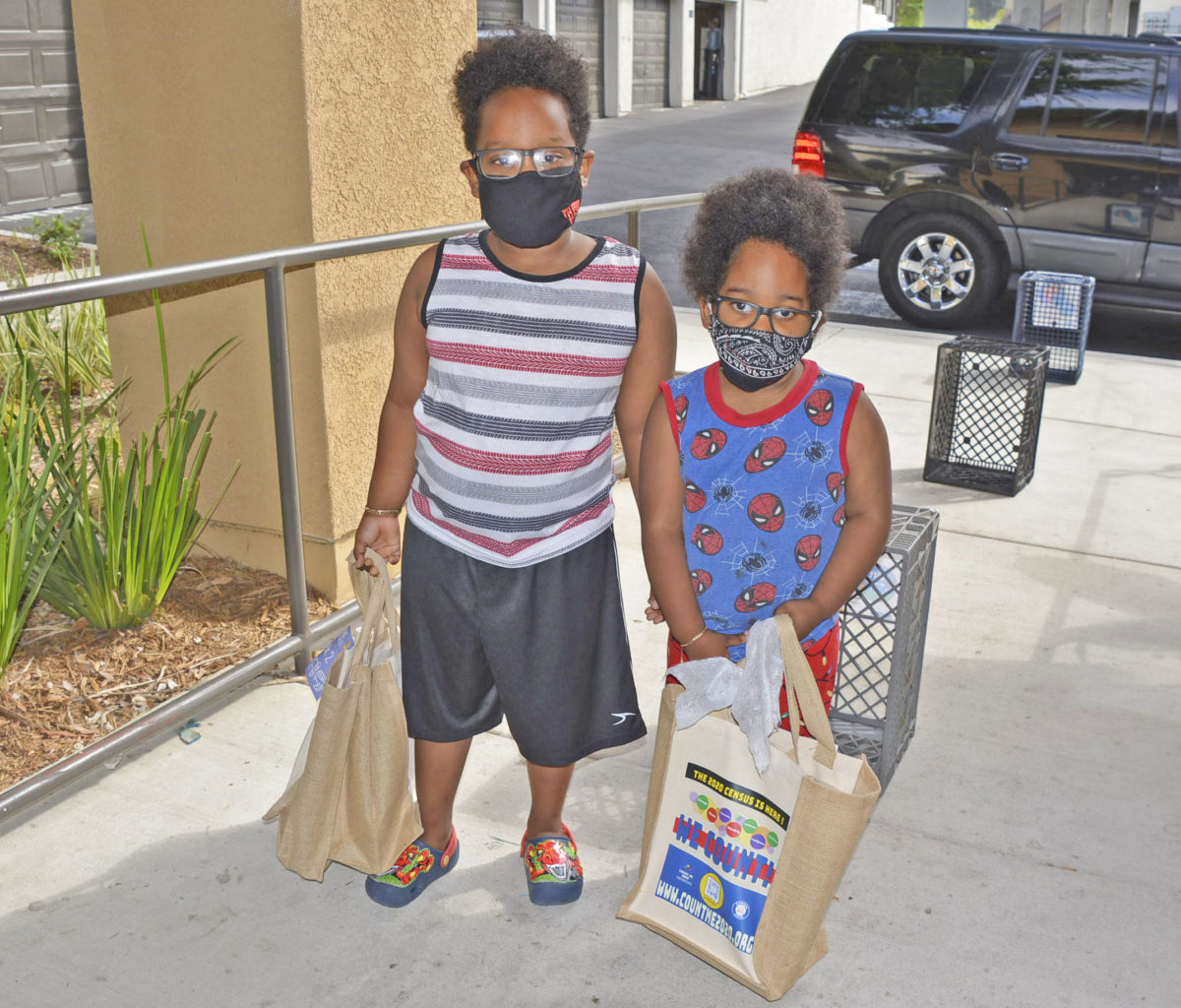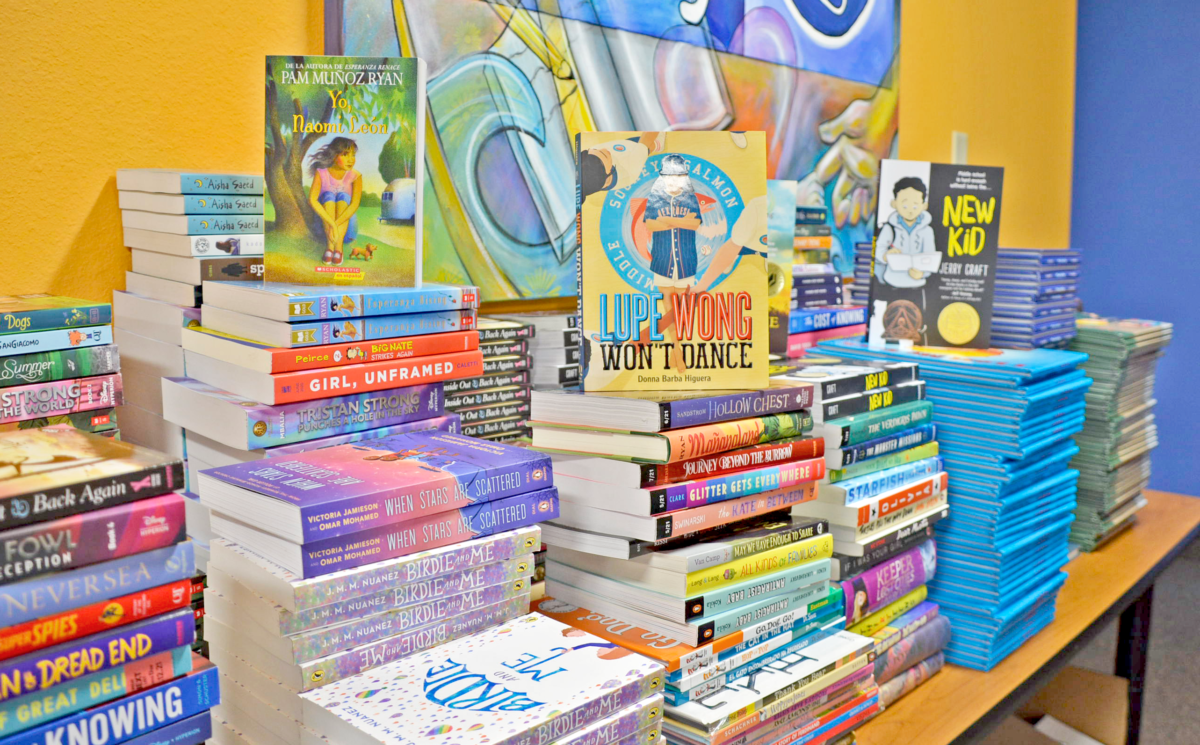For the Love of Reading
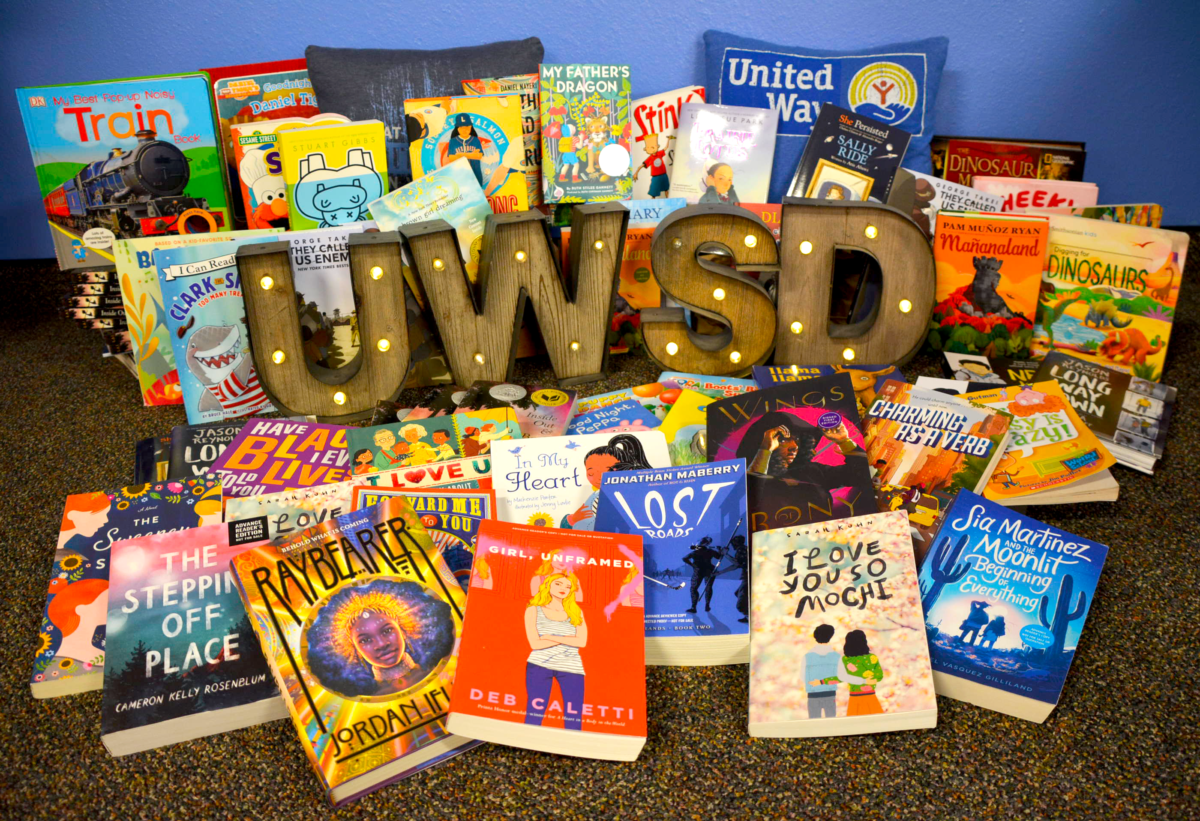
Written by: Maria Kelly Horsley, Impact Manager, UWSD
It is April 2021, and we find ourselves one year into a pandemic that has rocked our lives. The locus of learning has quite literally migrated outside of the classroom and has plopped down into the chaotic dynamics of our homes. Routines disrupted, we are likely spending an abundance of quality time with our loved ones but under extremely stressful circumstances – schools and families merging as equal partners in the difficult work of educating our youth.
Although school reopening is on the horizon, in-home learning promises to be a continued and integral aspect of schooling. And a return to the classroom for so many will not quickly erase a year of staggered and inequitable access to high-quality learning experiences. At the start of the 20-21 school year, students of color were about three to five months behind in learning, and by the fall of 2021 were more likely than their white peers to be learning remotely and less likely to have live access to teachers and the appropriate technology to log into their learning environment.[1]
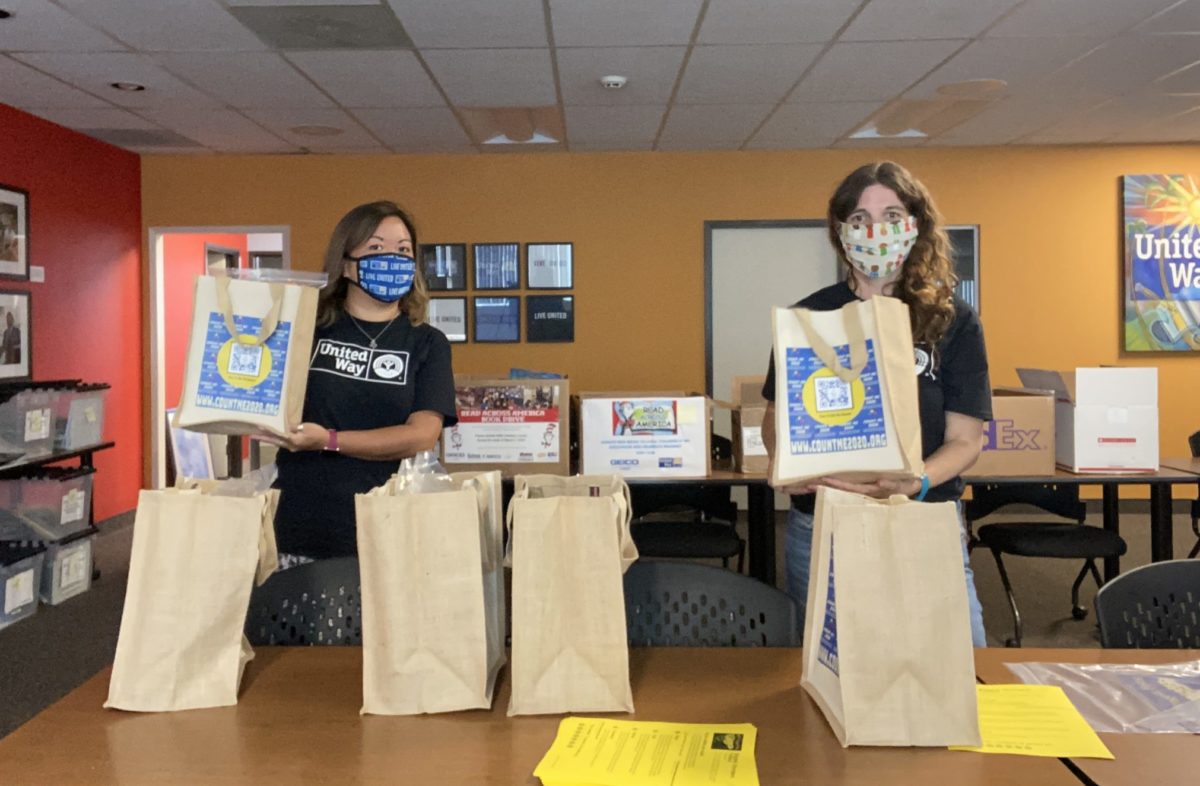
United Way of San Diego County (UWSD) and partner organizations heed the call. Since March of 2020, UWSD has reimagined our initiatives in response to evolving community needs. We brought our partners together to transition Readers in the Heights, a typically in-person, summer camp-like experience, to an at-home, family-focused program that aimed to build strong family reading habits and excitement around reading. By aligning partner goals, we found that gains made over the course of the initiative were maintained or increased three months later; at three months post-implementation, a higher percentage of parents continued to report that their child enjoys reading, that they feel comfortable using technology to support their child in learning, and that they read to their child every day. Interviews with families revealed that they bonded around reading and changed their at-home family reading habits; they observed growth in their children’s interest in reading and comprehension, learning more about their child’s abilities in the process. All components were designed and evaluated in accordance with evidence-based family engagement literacy strategies and guided by the expertise of Words Alive.
Our long-time partner, Traveling Stories, also had to pivot, quickly adapting to the needs of the community and calls for in-home support by providing a joyful connection to the world of books in difficult times. Unfortunately, COVID-19 forced the closure of their StoryTents, a staple at farmer’s markets and malls, but they have since recreated the magic of those intimate reading hubs. Their new program matches children entering kindergarten through second grade with reading mentors for weekly, one-on-one reading sessions via video. During sessions, children read and chat about books with their mentors and earn virtual Book Bucks, which can be used to buy prizes through the organization’s new online prize shop. While the program is still new, it is already making a positive difference. One parent said, “Thank you so much for this program! My husband and I almost choked up seeing (our son) so excited during the meeting. He DOES NOT get excited over anything that is closely related to schoolwork. But this somehow feels different to him. Love it.”
Let’s get to work. Despite the approaching 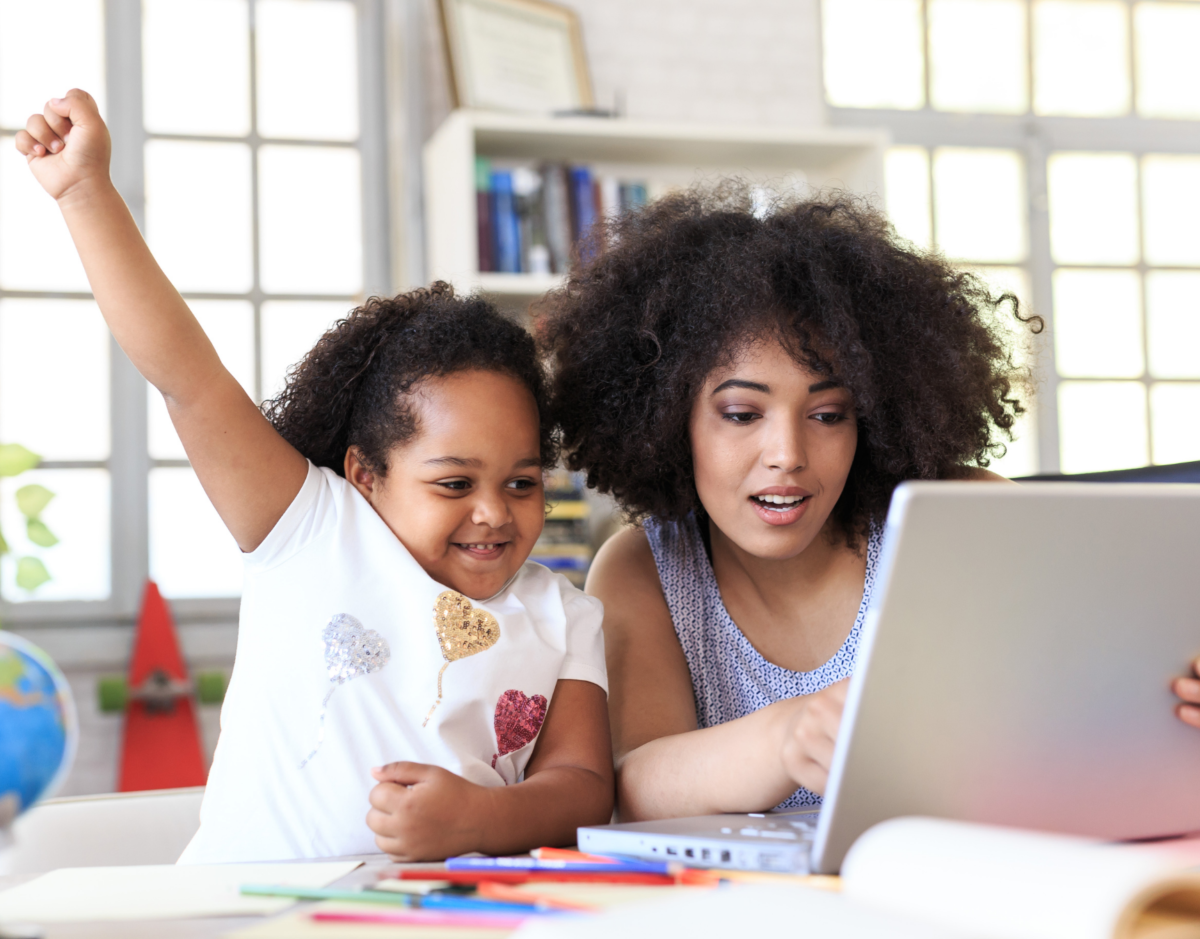
- Create opportunities for families to have fun with reading; elevate and celebrate the critical role of families as both learners and educators.
- Emphasize strengthening literacy and learning habits that can be generalized across locations.
- Look beyond reading assessment data to build impactful interventions and experiences.
UWSD is dedicated to promoting a love of reading in our community and striving to fill home libraries across the county with high-quality books that speak to and inspire a diverse community of readers. This March, UWSD hosted its Annual Read Across America Celebration, partnering with Warwick’s, GEICO, Holman Enterprises, and Noble Street Advisors in a month-long book donation drive. Nearly 800 books were donated, and those will be distributed to families most in need.
Please join us in supporting year-round literacy efforts across San Diego County and spark the love of reading: Donate Here.
Sources:
[1] Dorn, E., Hancock, B., Sarakatsannnis, J., & Viruleg, E. (2020). COVID-19 and learning loss – disparities grow and students need help. McKinsey & Company. https://www.mckinsey.com/industries/public-and-social-sector/our-insights/covid-19-and-learning-loss-disparities-grow-and-students-need-help
[2] National Research Council. 1998. Preventing Reading Difficulties in Young Children. Washington, DC: The National Academies Press. https://doi.org/10.17226/6023.
[3] Dorn, E., Hancock, B., Sarakatsannnis, J., & Viruleg, E. (2020). COVID-19 and learning loss – disparities grow and students need help. McKinsey & Company. https://www.mckinsey.com/industries/public-and-social-sector/our-insights/covid-19-and-learning-loss-disparities-grow-and-students-need-help
